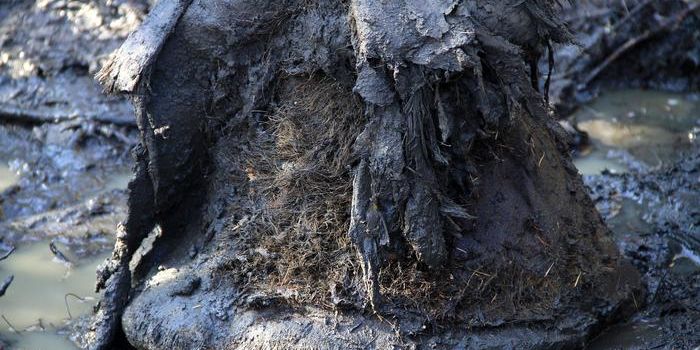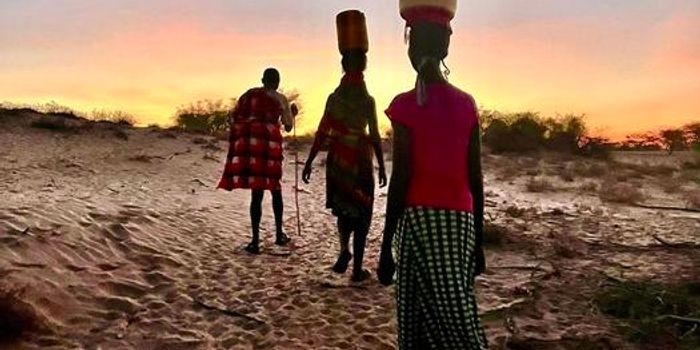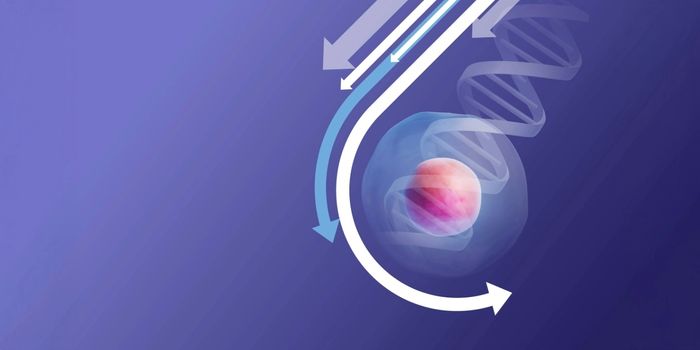Researcher Claims to Have Genetically Engineered Human Babies
Researcher He Jiankui of Shenzhen, China, has astounded the scientific community by announcing that he has performed a gene-editing experiment on human embryos, and one of those embryos has resulted in the birth of twin girls earlier this month. There's been no independent verification of this research, which has shocked the scientific community. He plans to unveil his work at a conference on gene editing later this month and has described it to the Associated Press (AP).
While he's applied for patents on his techniques, Jiankui claims his goal was altruistic. He intends to use gene-editing to prevent the possibility of a future infection with the virus that causes AIDS - HIV - in these genetically-altered children.
He has studied in US academic research labs at Rice and Stanford Universities, and his adviser at Rice, physics and bioengineering professor Michael Deem, worked with Jiankui on this project and sits on the advisory boards of two of Jiankui's companies.
There is still a lot of uncertainty, however, about the safety of using gene-editing techniques on humans. We don’t know, for example, what might happen to future generations that are the offspring of genetically-edited humans. The university where Jiankui currently has a laboratory, Southern University of Science and Technology of China in Shenzhen, told the AP that this work “seriously violated academic ethics and standards” and they plan to investigate.
Another scientist reached by the AP for comment, Dr. Eric Topol, head of the Scripps Research Translational Institute in California, said: “This is far too premature. We’re dealing with the operating instructions of a human being. It’s a big deal.”
World-renowned geneticist George Church of Harvard University had a different perspective, however. He sees HIV as “a major and growing public health threat.” He suggested that using genetic engineering to try to stop its spread was a worthy pursuit. “I think this is justifiable,” Church added.
Jiankui said that he practiced genetic engineering in animal models for years before turning to humans. Because HIV is a growing problem in China, he decided to disrupt a gene called CCR5, which allows HIV to infect cells. Couples that have been impacted by HIV were chosen to have their embryos edited, even though their pregnancies were not at risk of HIV transmission. The goal was to try to ensure their children a life free of HIV.
In this project, the researchers took an egg, and a sperm cleansed of any potential viral particles and brought them together to create a fertilized egg. After around four days of growth, CRISPR gene-editing tools were applied to alter CCR5. Embryos were assessed to see whether the editing worked, and couples could choose to implant edited or unedited embryos.
Six implants were attempted with eleven embryos. In the one successfully implanted case, twin girls were born. The researchers found that in one twin, both copies of the CCR5 gene were edited and in the other, only one copy was edited. Research suggests that people with one functional copy of CCR5 can still get HIV, but they may fare better than others who carry two functional copies of the gene. It also appears that some mosaicism occurred - in which some cells carry the edited copy of the gene while others don’t. That caveat could undo the intended effect.
The researchers knew about these issues before implantation, which led some to wonder why the team went through with it. “In that child, there really was almost nothing to be gained in terms of protection against HIV, and yet you’re exposing that child to all the unknown safety risks,” Dr. Kiran Musunuru, a University of Pennsylvania gene editing expert and editor of a genetics journal told the AP.
It's also worth noting that people without normal CCR5 genes face an increased risk of other health problems. They experience West Nile virus infections at a higher rate and are more likely to die of the flu. For Jiankui, it seems the risks were justifiable.
“I believe this is going to help the families and their children,” Jankui said. If it causes unwanted side effects or harm, “I would feel the same pain as they do and it’s going to be my own responsibility.”
Source: AP








